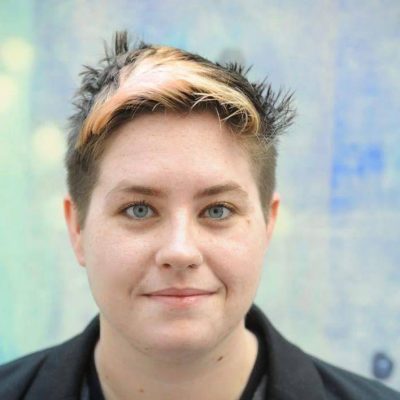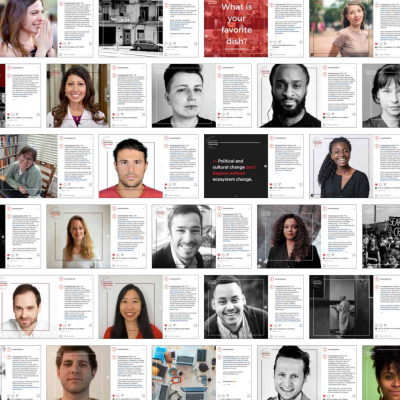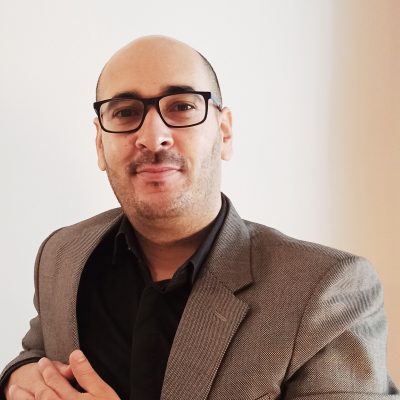Article
Memories, especially public memories, are a major component of how we co-create and sustain democracy. Memories of the past become the narratives of history, and a vibrant democracy insists that we carry all our stories, even the ones that we want to hide.
Landecker Democracy Fellow Wilhemina’s project is an oral history account of the forced busing and desegregation of the Boston Public School system; the resistance of white parents to having their schools admit students of color; and the moment of racial rapture, which has become unacknowledged within the cultural and institutional memories of the city.
There is a mainstream cultural and institutional amnesia about the trauma of forced busing, particularly around the experiences of the multi-racial students who were on the frontlines of integrating schools amid protests and riots that often turned violent.
Project Objectives
The aim of this project is to collect the stories of multi-racial Bostonians who were involved in integrating the school systems. It will unite their individual stories into a collective public memory project that addresses the history of race and racism in Boston.
Memory is an enormous component of citizenship and is what one generation passes down to another as the narratives that become historical fact. The history of the city of Boston involves the stories that are often buried and untold. Highlighting and retelling buried memories and stories allows us to broaden and deepen a spirit of democracy that is vibrant and participatory.
Learn more about the project
Updated December 2021.




